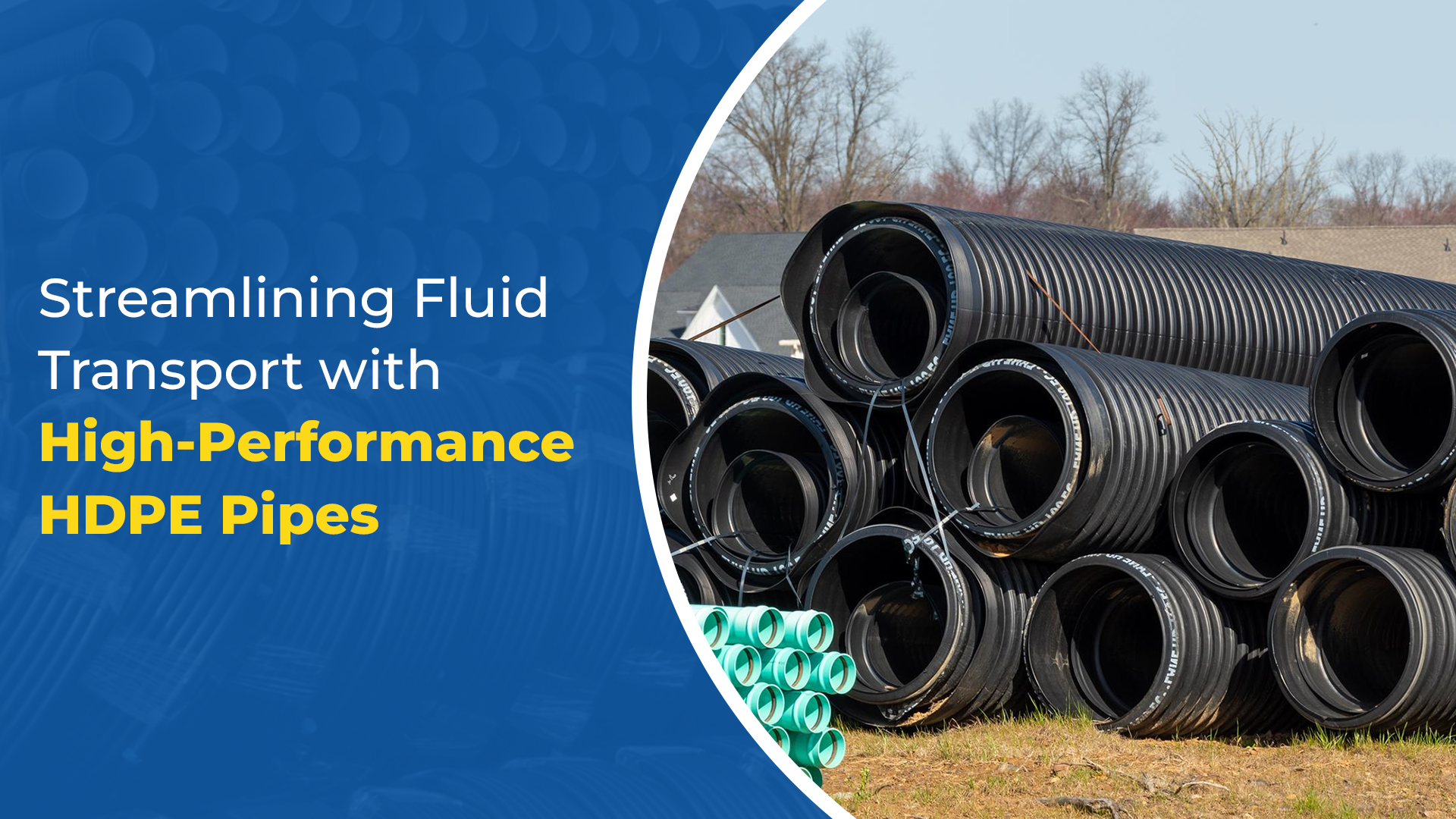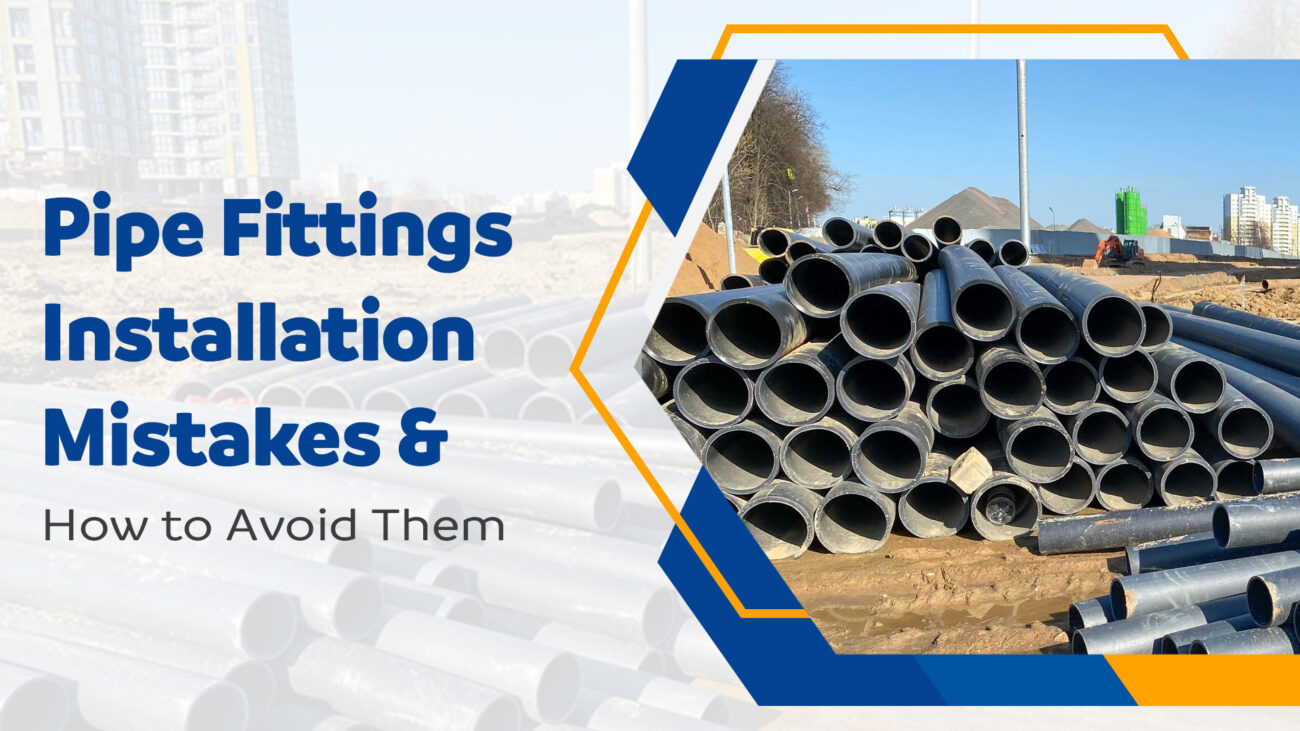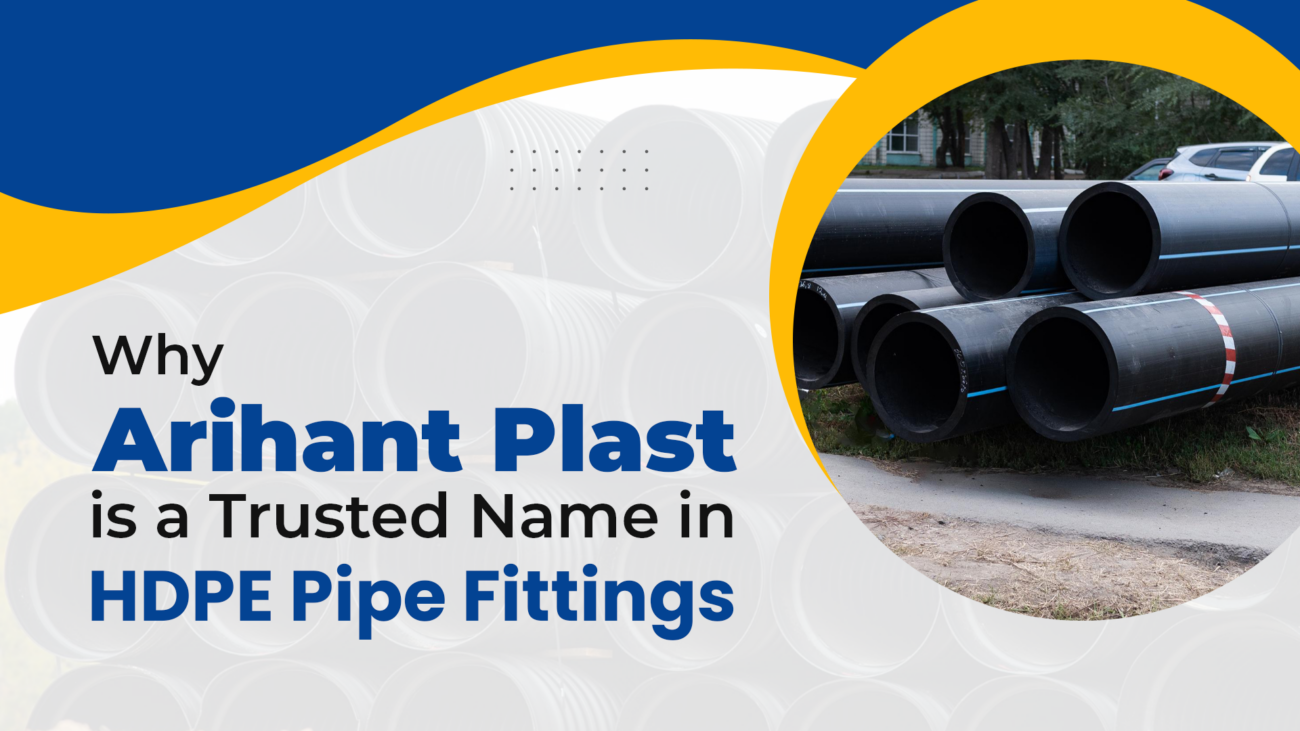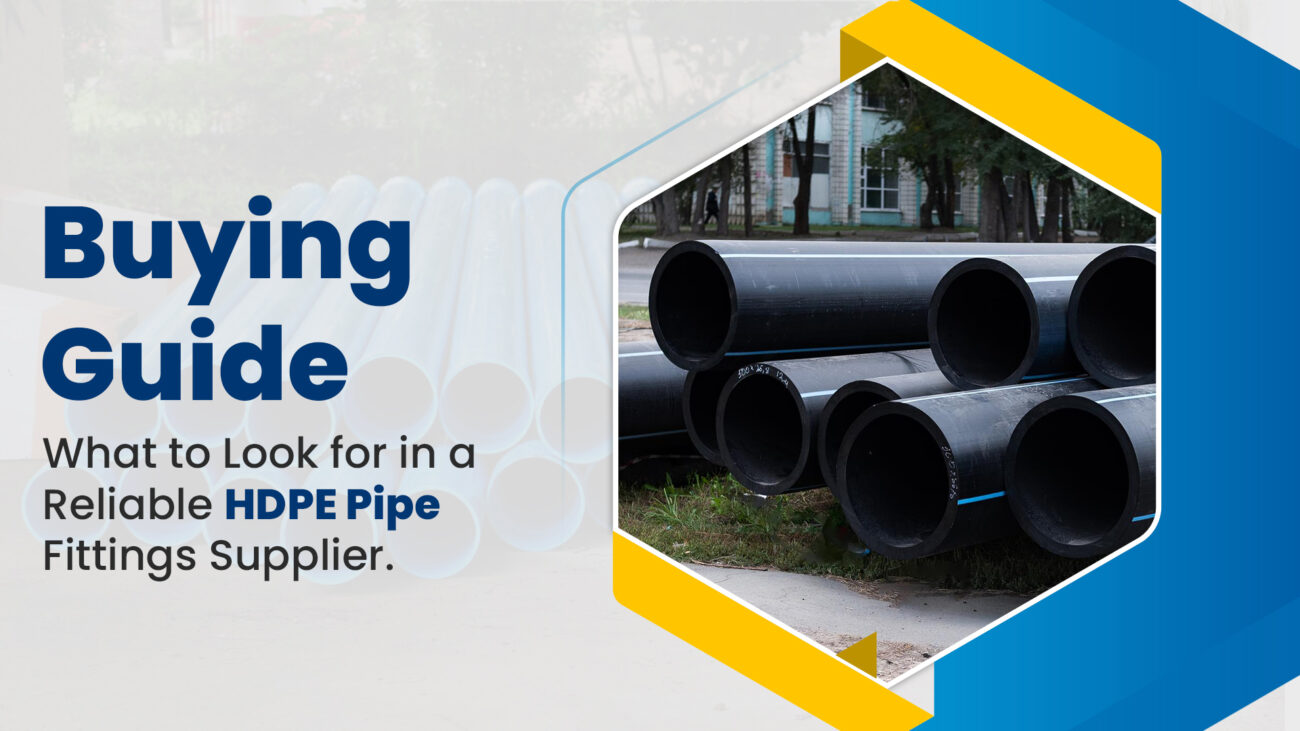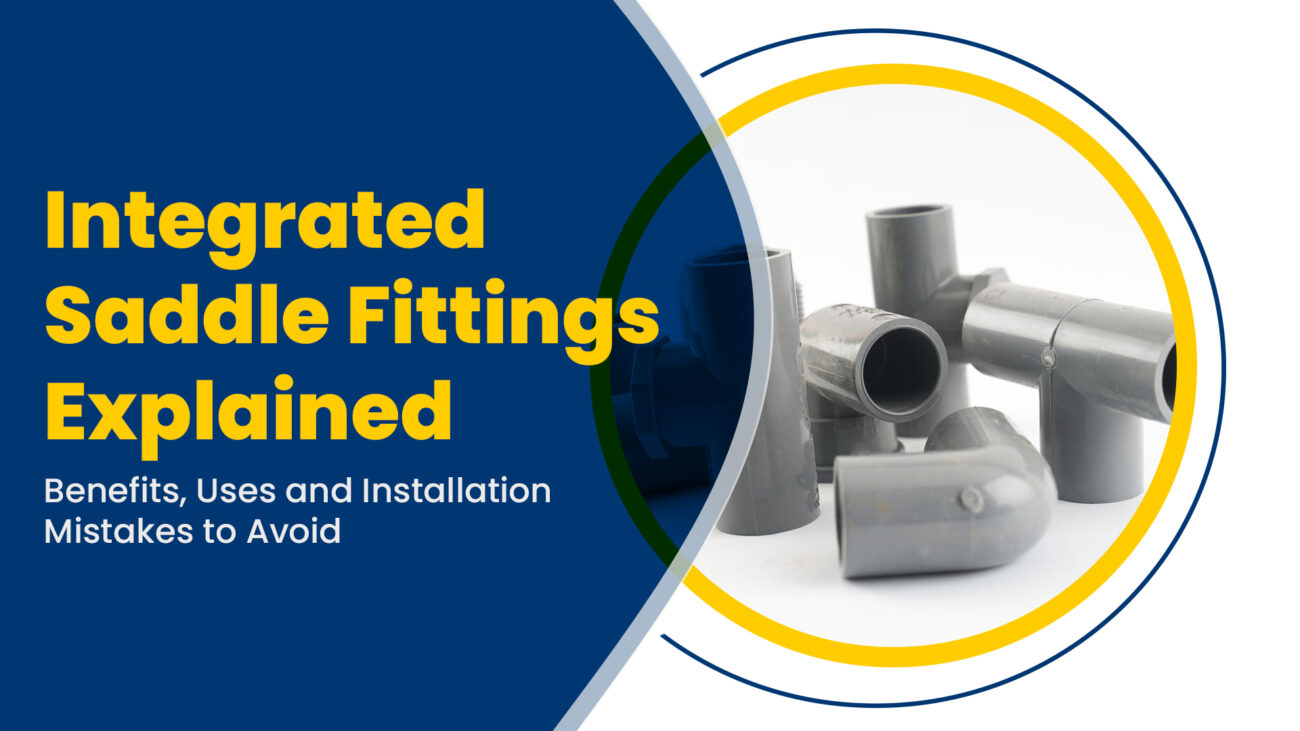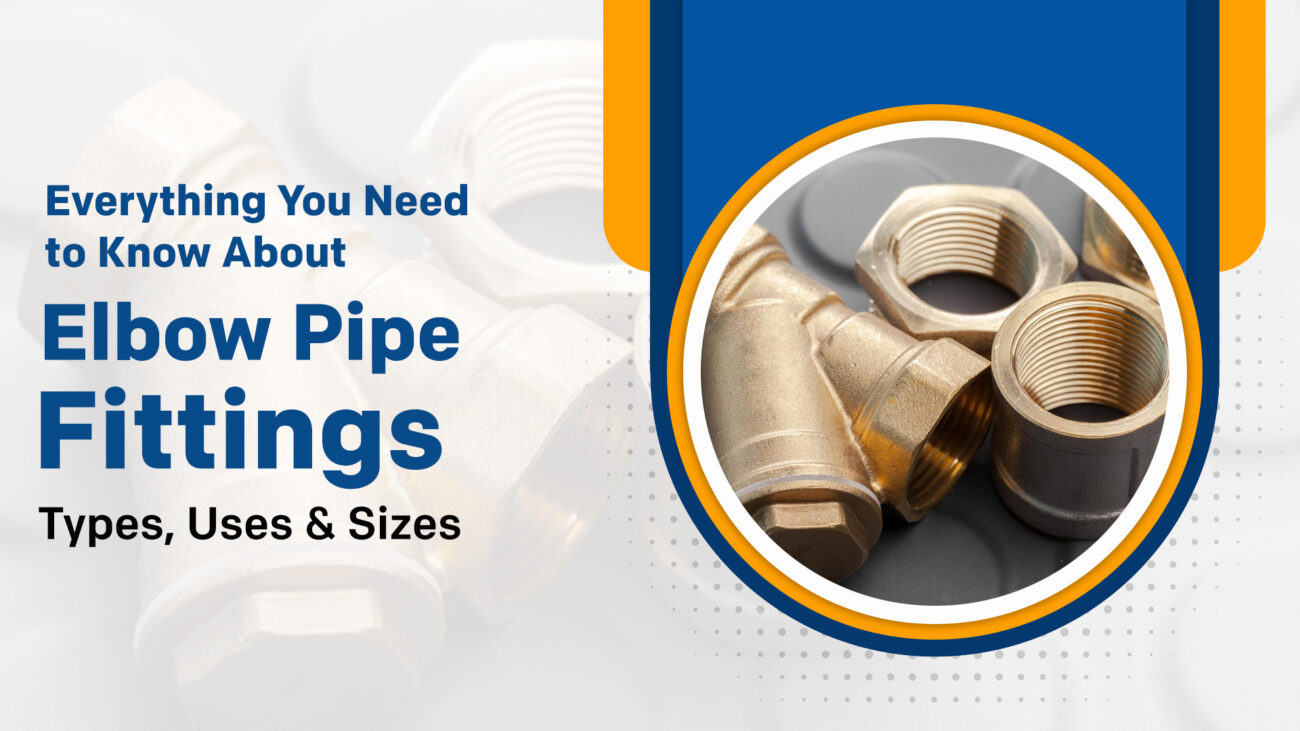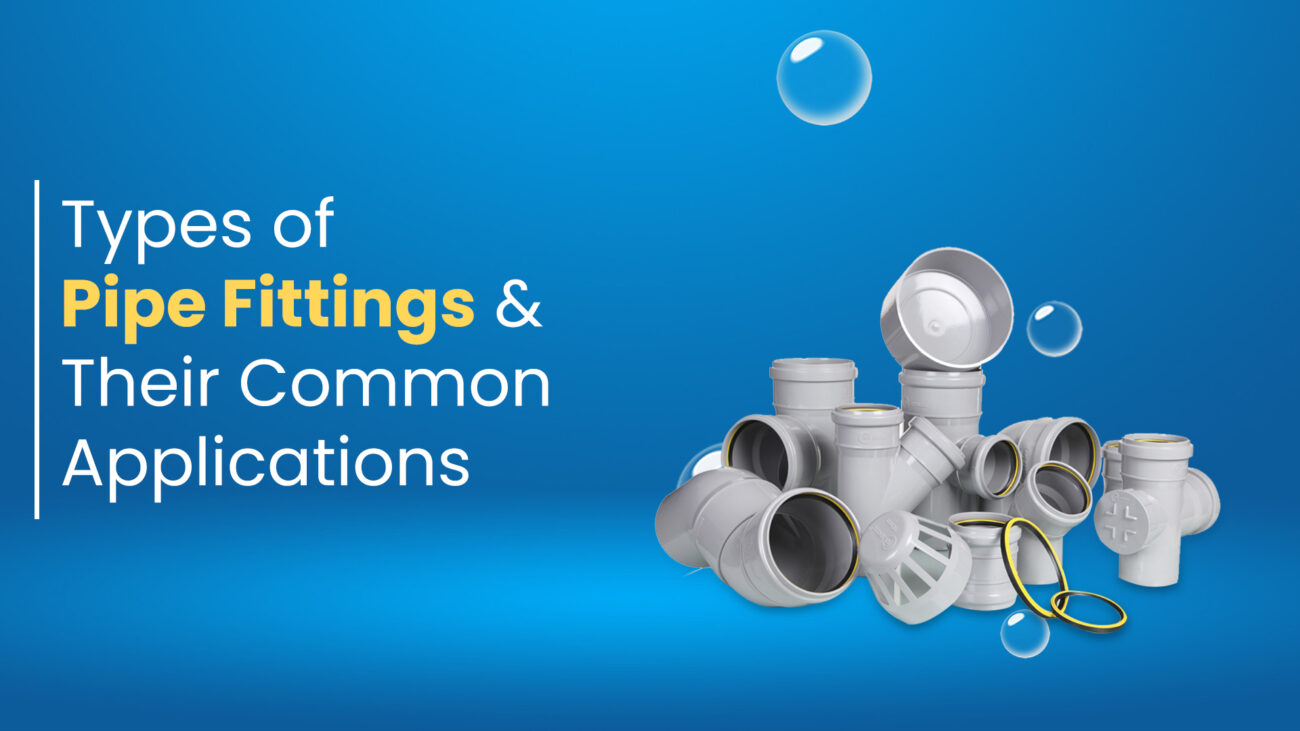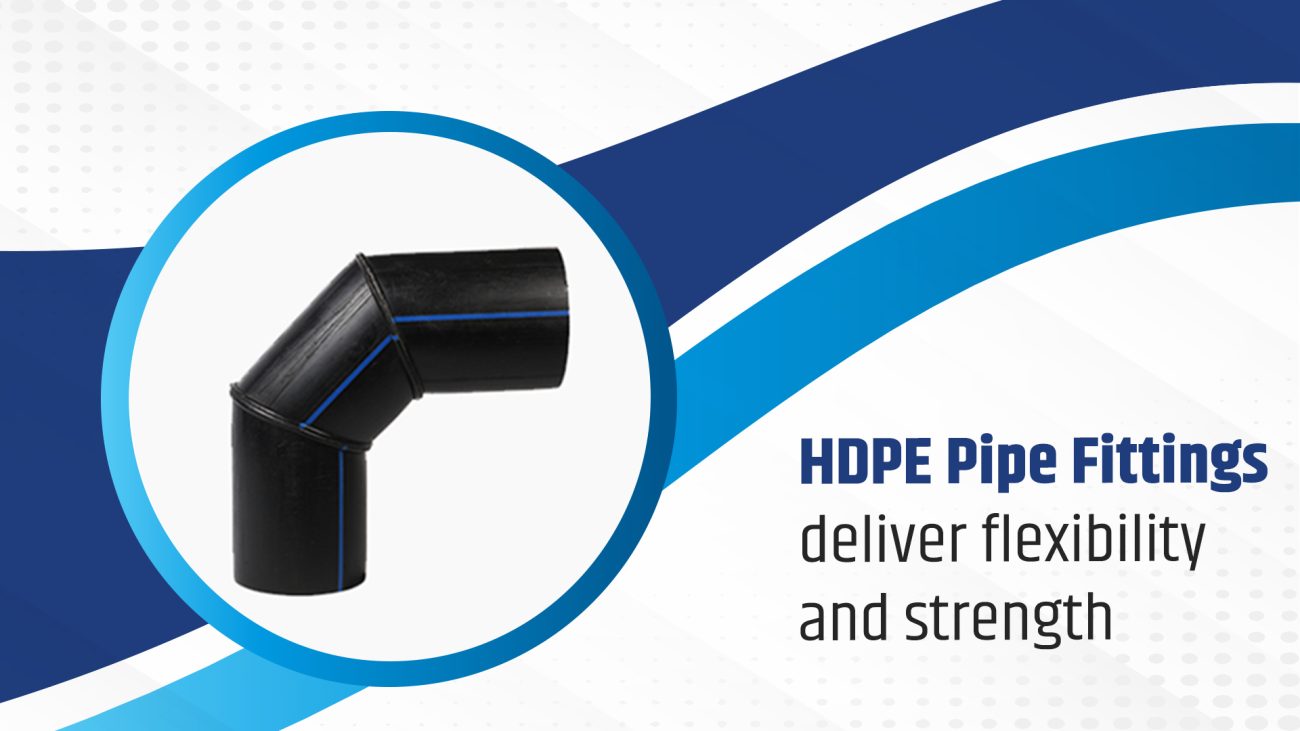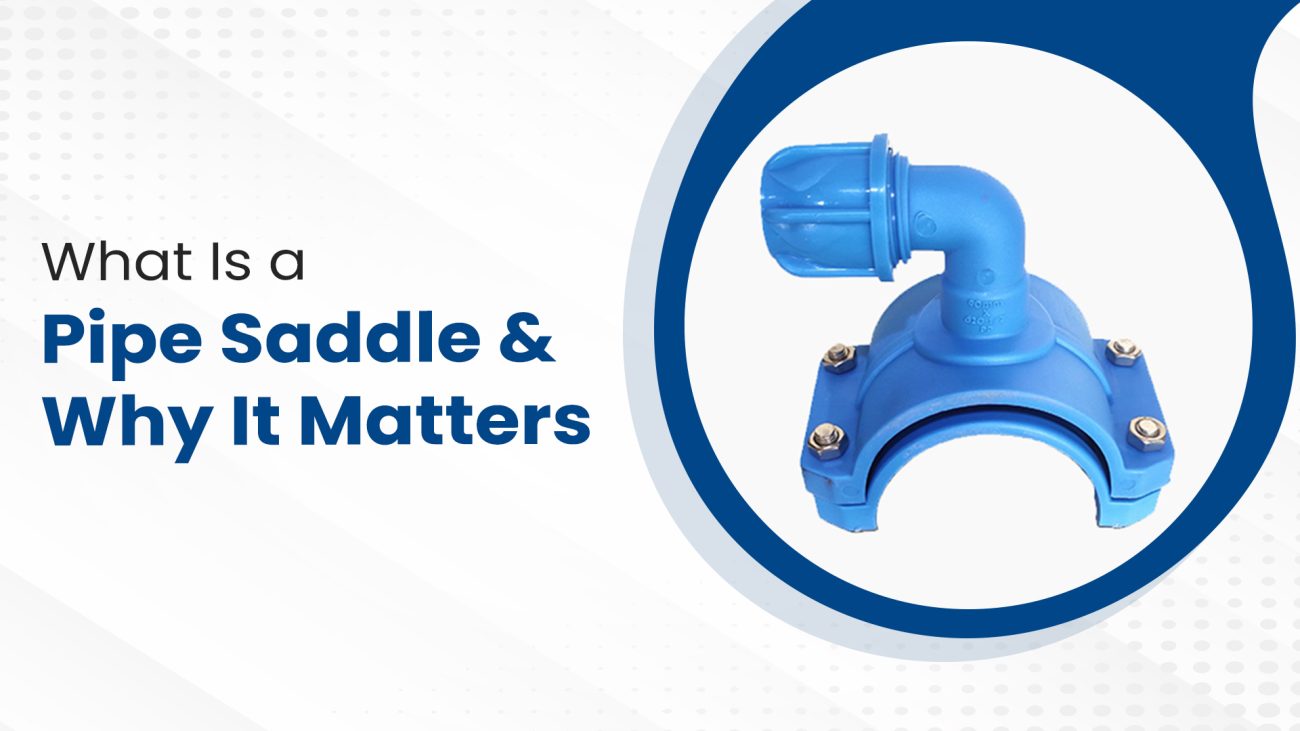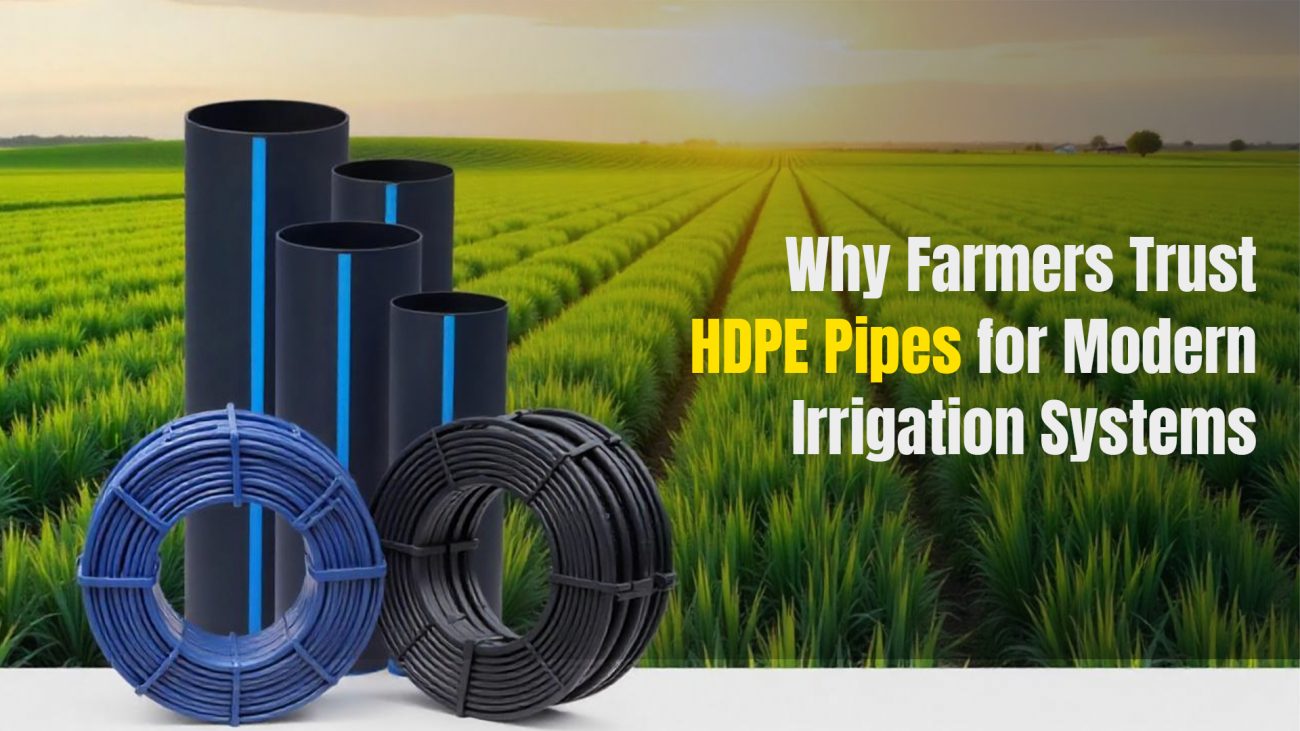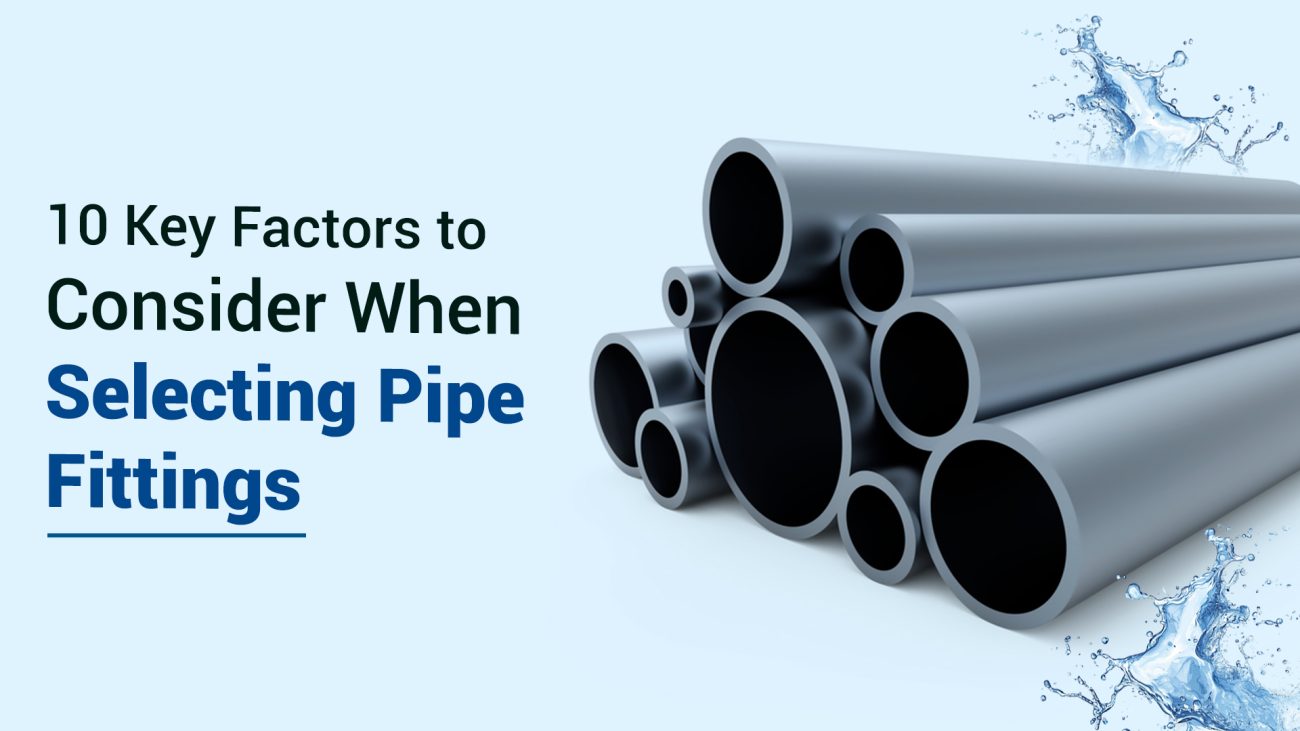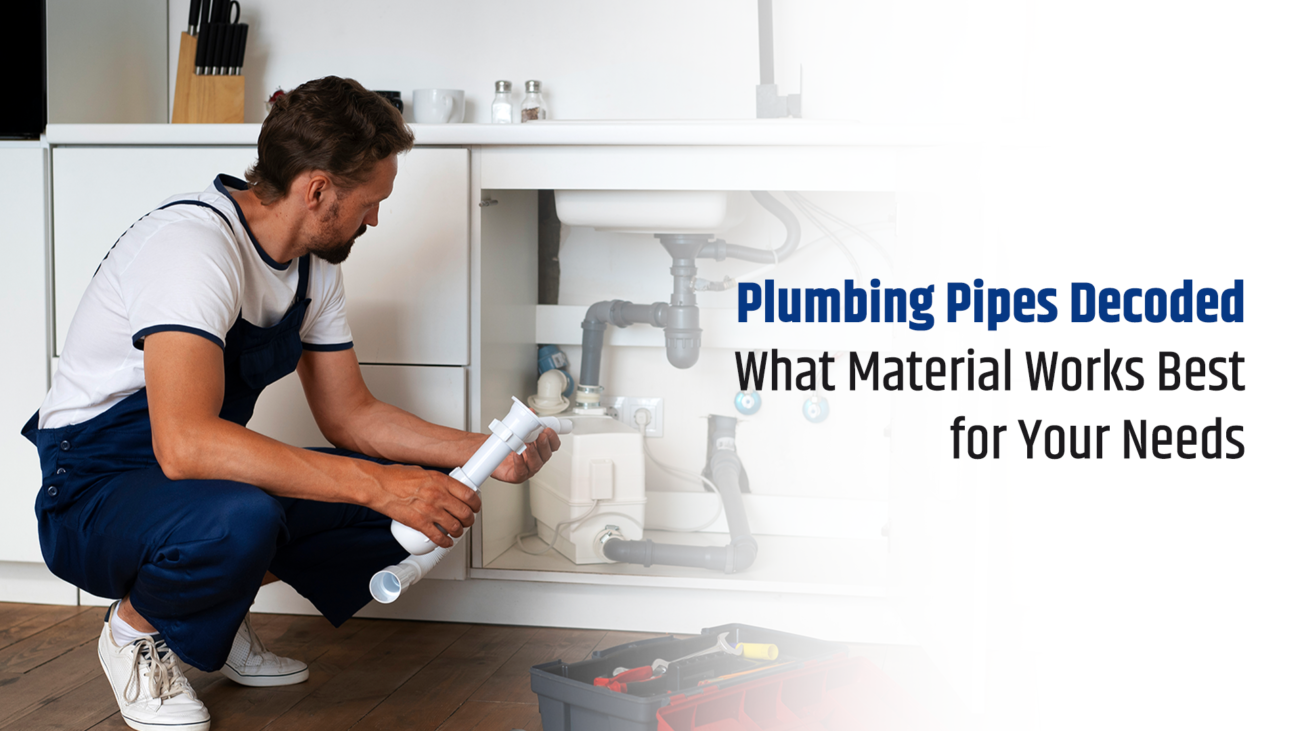We are living in a fast-paced world where need reliable, durable and eco-friendly piping systems and it is more important than ever. We use piping solution for different applications such as water distribution, industrial use or agricultural irrigation as well. This is why we rely on hdpe pipes as these pipes are game changer in piping industry. If you are experiencing pipeline burst or escalating maintenance costs then you have the ultimate solution as HDPE piping solution. Interested to know more? Then make sure to follow this post till the end.
What are HDPE pipes?

HDPE does stands for High-Density Polyethylene pipes. These pipes are designed to offer unparalleled strength, flexibility and resilience. These pipes are manufactured by using premium-grade of polyethylene. However, these pipes are known for their lifelong performance for different circumstances. However, they are different from PVC or metal pipes as HDPE pipe fittings are highly resistant to corrosion, chemicals and extreme temperature. This makes them best choice for both domestic and industrial applications.
Applications of HDPE pipes
These pipes are high versatile this is why they are used in different industries and scenarios such as:
- HDPE pipes are generally used for transporting potable water as they are non-toxic and non-corrosive.
- These pipes are best for farm irrigation systems. However, they ensure smooth water flow with minimal leakage which leads to higher crop yields.
- The other use of hdpe water pipe is in sewage and drainage systems. As this pipe is leak-proof and chemical resistant which makes them best for managing wastewater.
- HDPE pipes are built to handle chemicals and other fluids with ease. They support efficient operations in industries such as oil, gas and pharmaceuticals.
- HDPE pipes are also useful to serve as conduits for protecting electrical and communication cables underground.
These are some of the applications of high density polyethylene pipe but there are more application of this pipe. Let’s get to know more about them.
Key features
- These pipes offers durability and longevity as they are built to endure wear and tear. They can even last upto 50 or more years with minimal maintenance.
- They are highly flexible which allows easy installation even for challenging times.
- HDPE pipes are resistant to corrosion and chemical resistance this makes them best choice to transport chemicals and other fluids.
- These pipes are designed to employ fusion welding techniques which creates a leak-proof connections.
Types of HDPE pipes
There are different types of HDPE pipes, lets get to know them:Standard HDPE Pipes: this type of hdpe water pipe is best used for water supply or drainage.
- Standard HDPE Pipes: this type of hdpe water pipe is best used for water supply or drainage.
- Corrugated HDPE Pipes: this pipe is designed to increase strength which is perfect fit for sewage system and stormwater management.
- Microduct HDPE Pipes: this type of pipe is built to offer cable protection in telecom and electrical installation.
- Pressure-Rated HDPE Pipes: the next type of hdpe pipe fittings are ideal for applications that requires high-pressure fluid transport.
These are some of the types of HDPE pipes and each one has specific application.
Why Choose Arihant Plast for HDPE Pipes?
When you are searching for the best partner for piping needs, Arihant Plast stands apart. Here is why you should consider to partner with us:
- At Arihant Plast we focus on top-notch quality. We use latest tools and technologies and our products undergo rigorous quality checks.
- Our team understands that our project is unique. This is why we are there to offer customised piping solution to meet specific requirements.
- We aim to protect environment this is why we manufacture environmental friendly products.
Faqs
1.What is HDPE pipe used for?
There are different applications of HDPE pipes such as water supply, sewage, gas distribution, industrial processes etc. However, these pipes are famous to offer durability, versatility and resistant to corrosion.
2.Is HDPE the same as PVC?
HDPE pipes and PVC pipes are not the same. However, they are both types of plastic pipes. HDPE pipes are more flexible and resistant to corrosion where PVC pipes are more rigid and mostly used for plumbing and drainage applications.
3.What does HDPE stand for?
HDPE does stands for High density polyethylene pipes. However, this pipes are used in different areas such as water supply, drainage, sewage, oil transport etc.
4.Is HDPE pipe waterproof?
HDPE pipes are highly resistant to water and they are also considered as waterproof. Not only this, but they have low permeable rate which means that they prevent water from passing through. This is why they are best for water supply, irrigation systems where leakage is more concerned.
5.How long does HDPE last?
HDPE pipes can last for upto 50 years with minimal maintenance. Depending on the application, environmental conditions and maintenance, they can even last upto 100 years as well.



